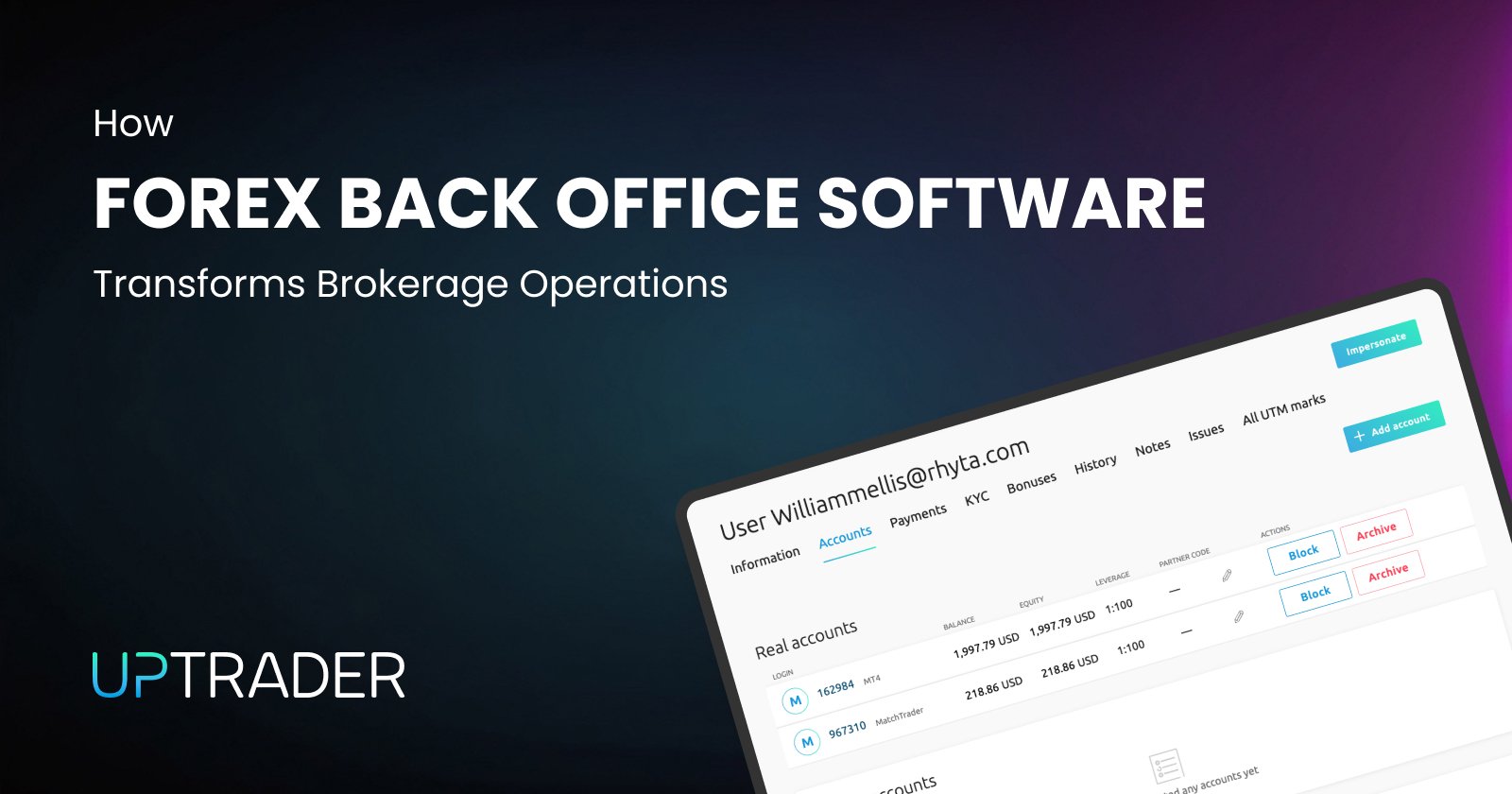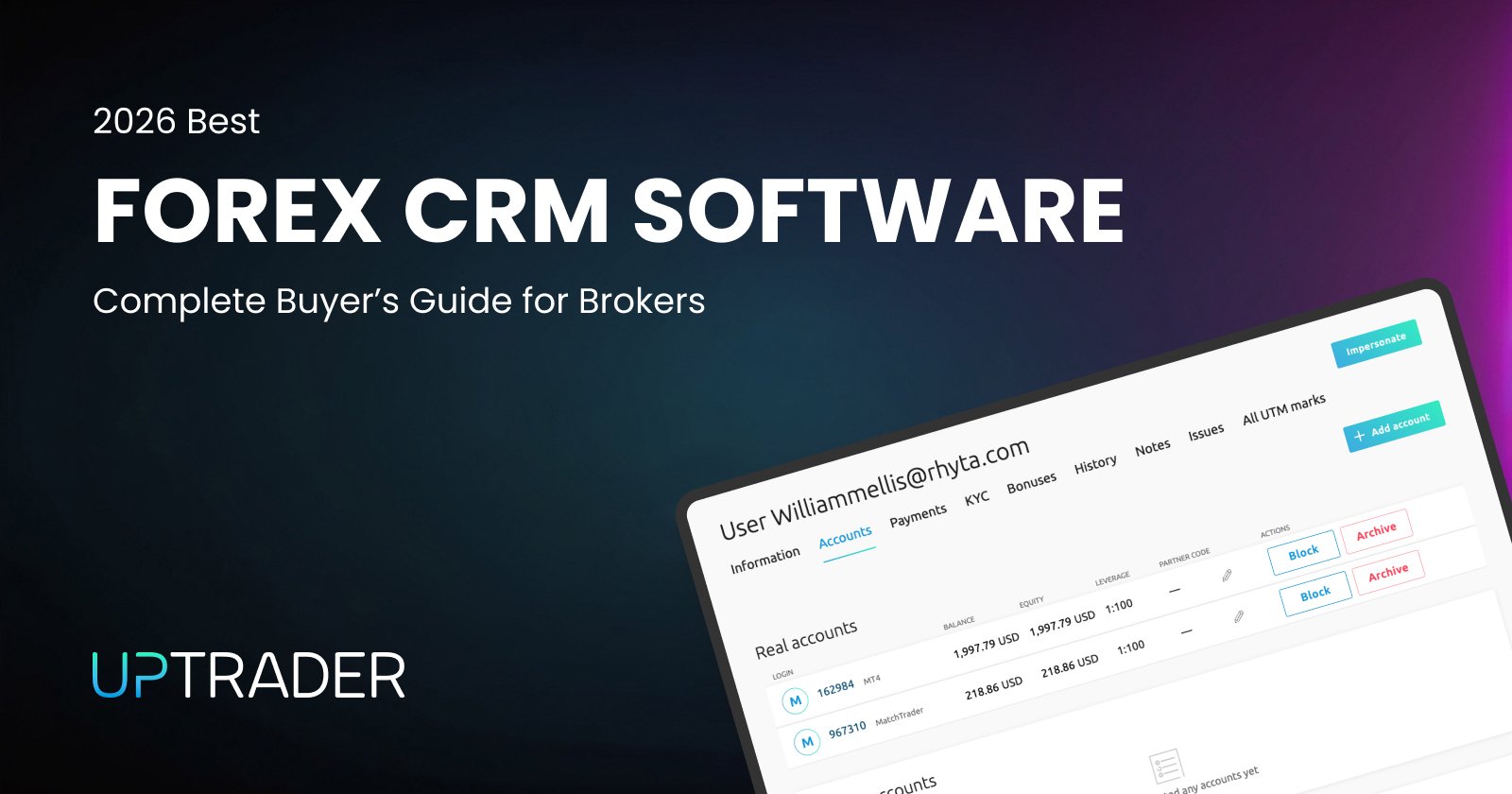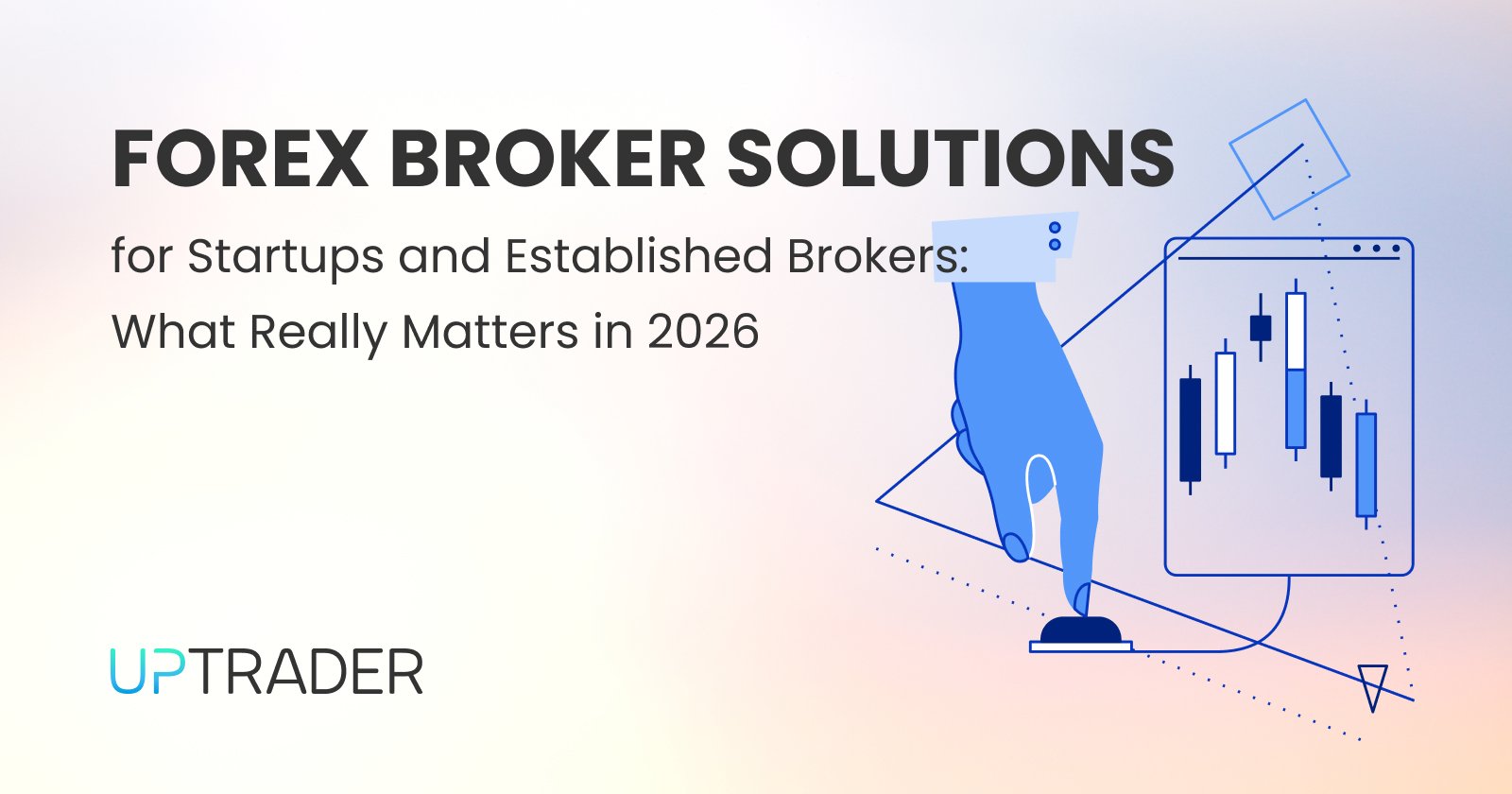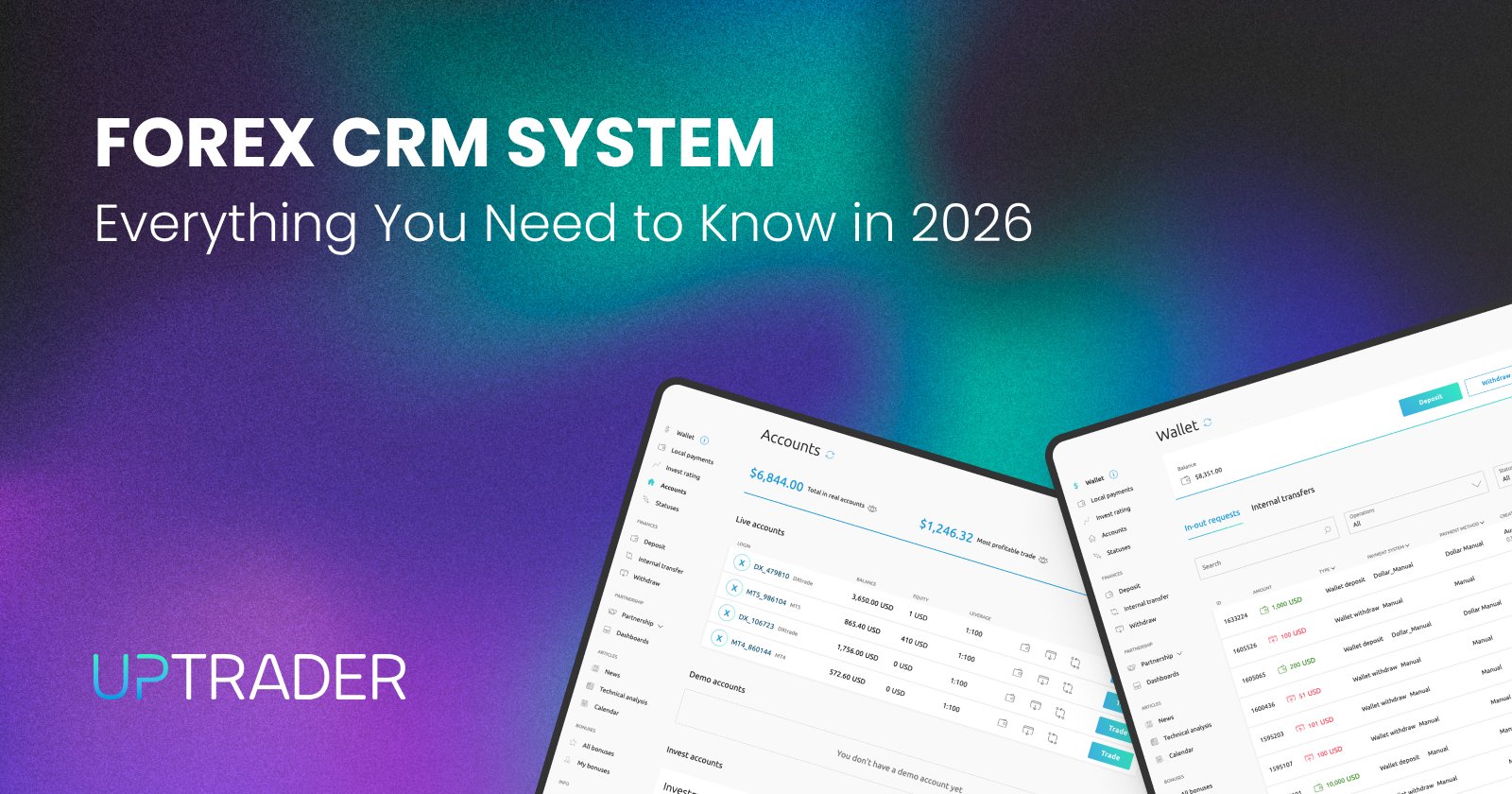How Forex Back Office Software Transforms Brokerage Operations

Share this publication:
Due to financial market competition, brokerages have had to improve operational efficiency, accuracy, and the quality of service provided to customers. One of the most important innovations that is changing this entire segment is forex back office software. This new technology streamlines back office work such as transaction settlements and compliance reporting, boosting efficiency. In this article, we analyze how forex back office software is transforming brokerage tasks, its major benefits, and the business outlook for those adopting these technologies.
The Evolution of Brokerage Operations
Historically, brokerage operations have split into two main segments: the client-facing front office, where trades are executed, and the back office, which comprises central administrative support functions. Despite the visibility of the front office, the back office is equally important. Their work involves maintenance of records, settlements, risk assessment and management, and regulatory compliance. Sadly, these business functions have always been automated. There is an overwhelming amount of paperwork, as well as a manual, fragmented data environment.
The launch of back office software tailored to forex trading created new opportunities. Brokerages can now shift from inefficient, manual processes to automated, accurate, and timely work. These goals can now be accomplished with the implementation of modern technologies like cloud computing.
Key Functions of Forex Back Office Software
1. Trade Settlement and Reconciliation
In almost every brokerage, trade settlement, which is matching buy and sell orders and the subsequent exchange of funds and securities, is one of the most important functions. Forex back office software automates trade settlement by:
- Matching Transactions: Automatching of trade orders with counterparties is done.
- Reconciliation: Transactions are reconciled rapidly to ensure all trades have been captured correctly.
- Error Reduction: Repetitive tasks are automated, thus minimizing the risk of manual error.
Brokerages can improve accuracy, speed up settlement times, and reduce operational risks by automating these processes. This is vital in forex trading, as the difference of even a second can have dire financial implications.
2. Compliance and Regulatory Reporting
Record keeping has become a major focus of scrutiny in today’s changed business climate. Forex back office software and its user-friendly interface aid brokerages in maintaining compliance checks by meeting the outlined requirements:
- Automated Reporting: All necessary files have been prepared and outdated data submitted ensuring there are no inaccurate records provided.
- Audit Trails: Transaction logs are recorded in their entirety, making audits and internal reviews straightforward.
- Monitoring: Trading and other activities are done in real-time which enables brokerages to trace.
The oversight of regulatory authorities has been reduced drastically, and the confidence of the investors needs no more validation.
3. Risk Management
As with any other area of finance, risk management is equally important. Forex brokerages have to review their exposure to risk regularly and constantly hone their strategies to minimize risks. Forex back office systems come with specialized risk management options that encompass:
- Market Risk Monitoring: Analyzing current and historical organizational data and market information to appraise various risks.
- Risk Value Alerts: Alerts are sent out when any risks or anomalies are likely or are already present.
- Scenario Simulation: Simulating diverse market conditions and estimating their potential influence on a firm’s portfolio.
If used appropriately by brokerages, they will be in a position to execute informed decisions in good time and better manage risks.
4. Client Data Management and Reporting
Organizational client data is crucial to serve clients better. Forex back office software stores, integrates client data and gives essential information relating to trading activity, account balances and reviews, as well as account chronicles. Given includes:
- Client Data Integration: Integrating clients’ data shared from diverse data holding systems into one single database.
- Self-Service Reports: Issuing predefined reports based on the expectations of the clients and internal users.
- Customer care support: Improving customer service response times by giving them instant online access to clients’ data.
This added value increases productivity and streamlines operations while providing high-quality service to clients with more personalized customer interactions.
Benefits of Implementing Forex Back Office Software
The adoption of forex back office software brings several tangible benefits to brokerage operations:
1. Operational Efficiency
The forex back office software helps to conserve human resources because it automates manual and repetitive processes. Employees now can analyze markets or provide direct customer service, which is much more strategic. As a result, there are:
- Reduced Operational Costs: The labor spending/calculable manual efforts are significantly reduced.
- Processed in Shorter Times: The speed of trade settlement and reconciliation is significantly faster.
- Streamlined Processes: The workflows within the brokerage are much more efficient.
2. Improved Accuracy and Reduced Errors
Because of the manual processes undertaken, there is often human error, which can greatly affect the finances and reputation of a firm. Back office software guarantees that every transaction done is correctly recorded by brokerages. Advantages obtained are:
- Error Minimization: With automation, the chances of making errors in entering or calculating figures are very low.
- Consistent Data Quality: There is uniformity in the collection and processing of data.
- Better Public Relations Audit Readiness: The record accuracy is preserved and makes audits effortless.
3. Enhanced Compliance and Risk Mitigation
Compliance is of the utmost importance for brokerage activities. With the forex back office software for brokerages, it guarantees that every process done follows the entire given guideline framework with:
- Automated Compliance Checks: Ongoing verification of transactions for any anomalies.
- Robust Reporting Mechanisms: Detailed document retention for all regulatory compliance.
- Proactive Risk Management: Mitigation and identification of risks before they grow
4. Scalability
As brokerages expand, so do their operational difficulties. Forex back office systems are built to scale with the business, allowing firms to handle greater volumes of transactions and data without manual effort or increased complexity. Scalability features include:
- Adaptability: Understanding shifting market conditions and compliance standards.
- Cloud-Based Solutions: The ability to quickly and securely expand operations.
- Modular Design: Permit brokerages to incorporate new aspects as they deem fit.
5. Improved Client Relationships
Forex back office software improves client experience through integrated processes and holistic client data management, enabling streamlined workflows.
- Ensuring Transparent Reporting: Clients have access to detailed reports of their transactions alongside their account balance.
- Guaranteeing Rapid Resolutions: Easy access to accurate data improves the speed at which queries and issues can be resolved.
- Building Trust: Reliable, error-free operations help in building long-term trust with clients.
Conclusion and Final Thoughts
The significance of modern forex back office software goes beyond the automation of trade settlements and compliance augmentation. Modern forex back office systems provide automation in almost all aspects of a broker’s operations which guarantees rapid adaptation, high efficiency, and competitiveness in the market.
Their merging with newer technologies such as AI, cloud computing, and blockchain will bring forth even greater innovations. Brokerages adopting these systems are witnessing optimized processes coupled with customer satisfaction and profitability in the long run.
The importance of back office software in a broker’s operation strategy will only increase as they adapt to changes in the broader market. Investing in these technologies is a requirement to survive in the complex world of forex trading. The full capabilities of modern forex back office software will allow brokerages to enhance operational efficiency and create a robust structure for sustainable growth.
If you want a sophisticated CRM solution under a “single roof” then talk to a consultant on UpTrader today to try our robust CRM solution. If you are not comfortable with buying and want to just give it a try you can request a personalized demo so you know what you are getting into.







